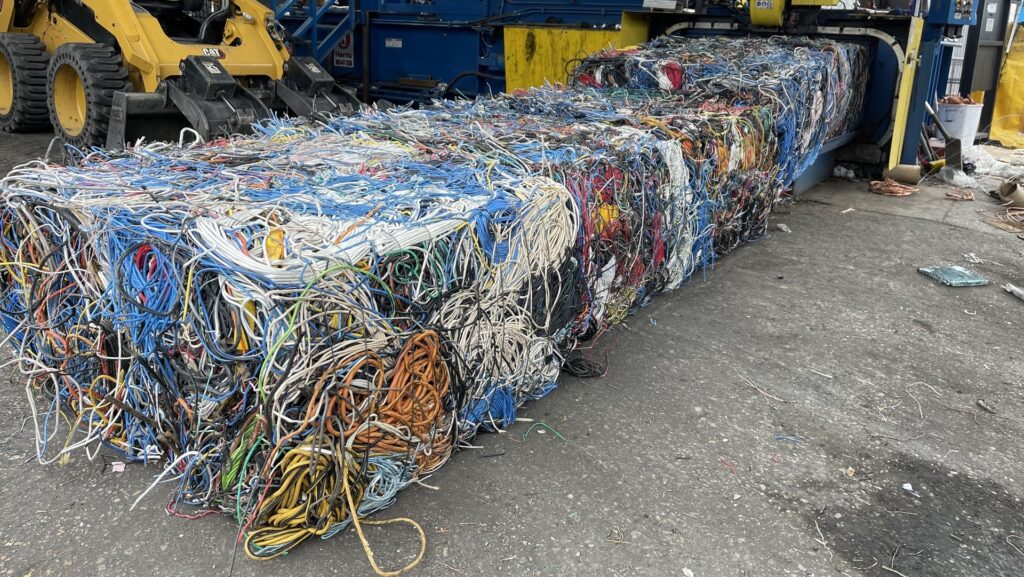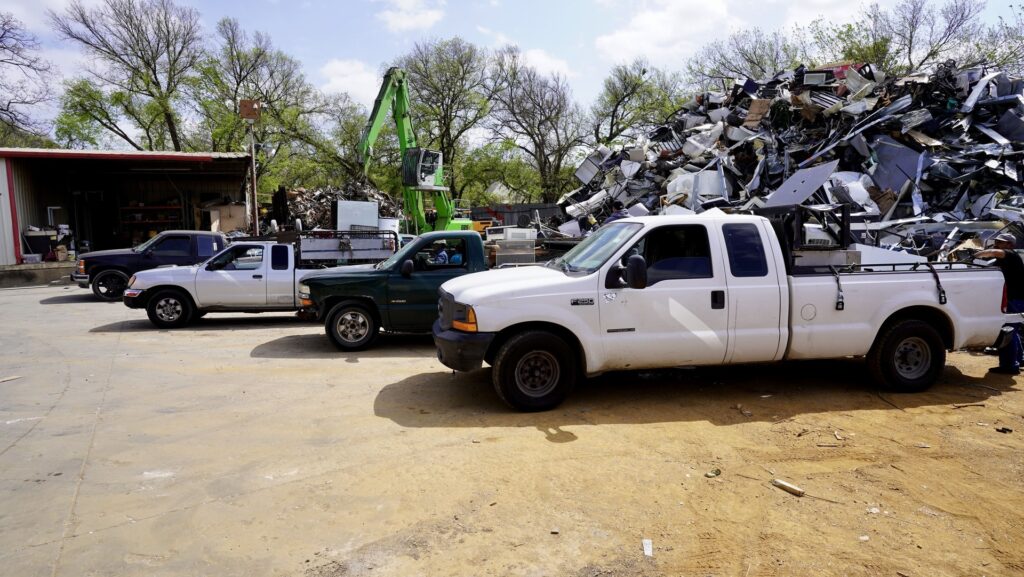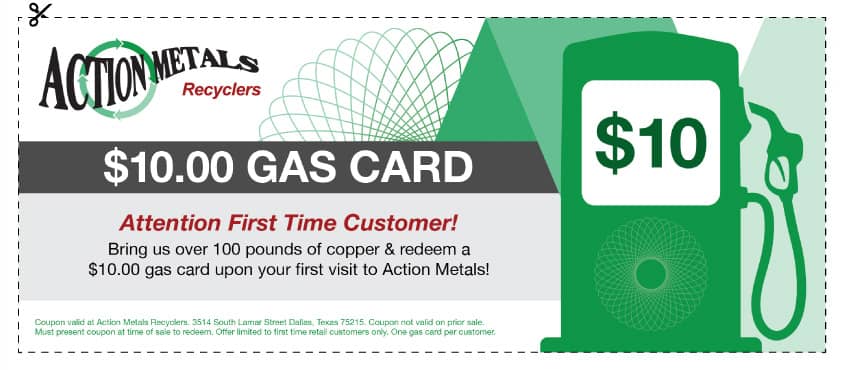Two of the most sought-after scraps for scrap metal recycling are brass and copper. However, to the untrained eye, it can be difficult to find the true difference between the two metals.
When it comes to earning top dollar on a scrap metal collection that contains both brass and copper, you’ll want to make sure each is properly separated in order to maximize your collection’s profits.
Let’s dive in deeper and explore the biggest reason why you’d want to separate brass from copper before recycling, and the 5 easiest ways to determine which type of metal you have on your hands.
Why Would You Want to Separate Brass From Copper?
Sure, separating metals makes the recycling process easier and faster for the team in charge; but the biggest reason you’ll want to separate brass from copper is the separate price of each.
Combined with each other (and potentially other metals), the two materials could diminish each other’s sales rate.
Currently copper sells for $4.72 per pound and brass sells for $2.10 per pound. Both prices are excellent for scrap metal and the last thing you want to do is tarnish the value of your collection because it wasn’t separated.
5 Ways to Differentiate Brass From Copper
Aside from asking your scrap metal recycling team to separate your metals for you, here are five ways to tell the difference between brass and copper scraps.
Color
From a distance, both metals seem to have similar colors. However, upon closer inspection, you’ll notice that copper has a reddish/brown finish while brass has more of a yellow tint to its color.
Also, if you are dealing with older, corroded metals, brass loses its zinc and will become the color of copper where it has weakened. Copper corrosion results in patches of green across the metal’s surface.
Differences in Strength
The strength of each metal is also a key factor when determining the difference between the two.
Both metals are extremely durable, but brass has much more tensile strength than copper, which makes it a popular choice for projects and products that require a strong metal.
When under pressure, copper is malleable and will bend before it breaks. Brass is a hard metal that gains its strength from the excess zinc in its makeup. It is a breakable material, unlike its softer counterpart.
Check the Code
If you’re donating items to a recycling center and are unsure whether it is brass or copper, you could find your answer in a code engraved in your metals. Most brass pieces require a stamp that distinguishes them as such. Copper pieces are not stamped.
Therefore, if your metal has a stamp that has a “C” followed by a few numbers, you can easily separate it into your brass pile.
Test Sounds
Tap your metal and listen for the sound it produces. Copper rings out a deep low sound while brass creates a higher-pitched sound.
How the Metals Are Used
Knowing how the metals were used before they became scrap could be the key to the easy separation of copper and brass.
Copper is a natural metal that conducts electricity. So, it is commonly used as wiring in electrical equipment like wiring and motors.
Due to its durability, brass is often used as a long-term solution in construction projects, plumbing, casings, and bearings. Since brass also has a color tint that could resemble gold, it is often used as decor.
Earn Top Price for Brass and Copper With Action Metals Recyclers
If you have brass, copper, or any other recyclable metals that you want to turn in for cash, Action Metals Recyclers is your best choice in Dallas for metal sales. We pay top price for all metals we buy and guarantee an easy, fair, secure transaction process.
Contact us today to learn more about our services and schedule your next pick-up or drop-off.








